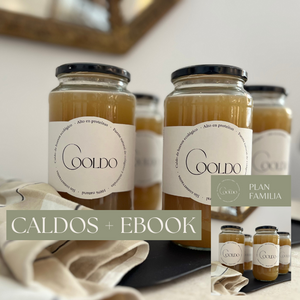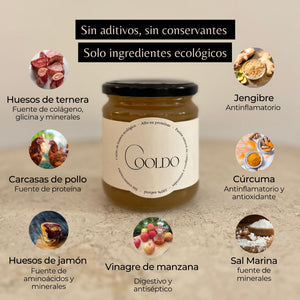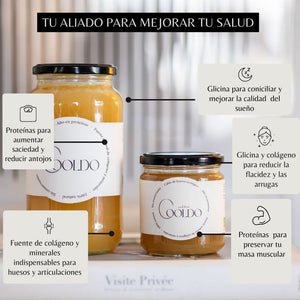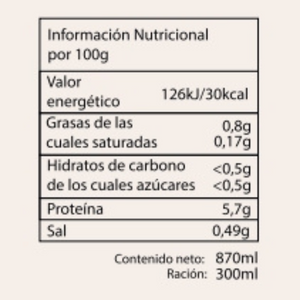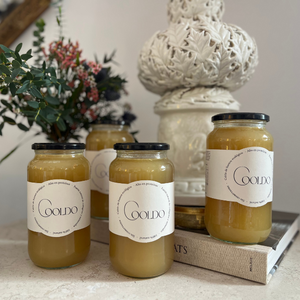A well-organized kitchen not only makes meal preparation easier, but also contributes to healthier and more sustainable eating. Here are some tips you can implement to plan ahead, save time, and make better decisions in your daily life.
- Take inventory of your pantry, refrigerator, and freezer.
- Plan well, taking into account what you have and adapting the menus to your tastes.
- Make a list of everything that's missing.
- Take your cloth bags shopping.
- Don't go hungry and try to stick to the list.
- Try to buy fresh, organic, seasonal, and local products.
- Avoid ultra-processed foods, Always look at the ingredients. Learn how to read labels here.
- Avoid plastics and canned goods (better in glass)
FRIDGE
- Try not to break the cold chain of food, that is, if it was refrigerated at the supermarket, it will be refrigerated at home too.
- Keep eggs in the refrigerator, avoiding placing them on the door. since their temperature may fluctuate. If you're going to wash it, do so just before use.
- Separate raw foods from cooked foods.
- Whenever possible, choose to store in glass.
- When you open a fruit/vegetable, store it in a sealed container in the refrigerator.
- In general, don't store anything uncovered in the refrigerator.
- Avoid buying pre-cut fruit. It's always better to wash and cut it at home. If you store it in glass jar, dry them well and they will last for days.
- Herbs can be washed, dried, and stored between moistened kitchen paper, in a bag, or in a glass container.
- We recommend that you compartmentalize products in the same category.
- Nuts, especially seeds, should be kept in the refrigerator once opened.
PANTRY
- Separate the potatoes from the onions and garlic. If possible, keep them out of direct sunlight.
- Sort by food type, from front to back according to expiration date.
- Once opened, foods should be tightly sealed for best preservation. Some require refrigeration, while others don't. Always check the label.
- It's always good to have canned vegetables, legumes, and fish in your pantry, and of course, bone broth. Organic and glass bottles are preferable.
FREEZER
- It should be defrosted overnight, always in the refrigerator.
- You should never refreeze a product that has already been frozen.
- Homemade food and jars should be marked with the date of preparation.
- Although each type of food has an estimated shelf life, as a general guideline we recommend 6 months in the freezer.
We hope these tips are helpful. For food safety, consider preserving food carefully.
If you want to learn more about how you can create a healthier space in your home and adapt it to avoid exposure to toxins, we recommend this post.


